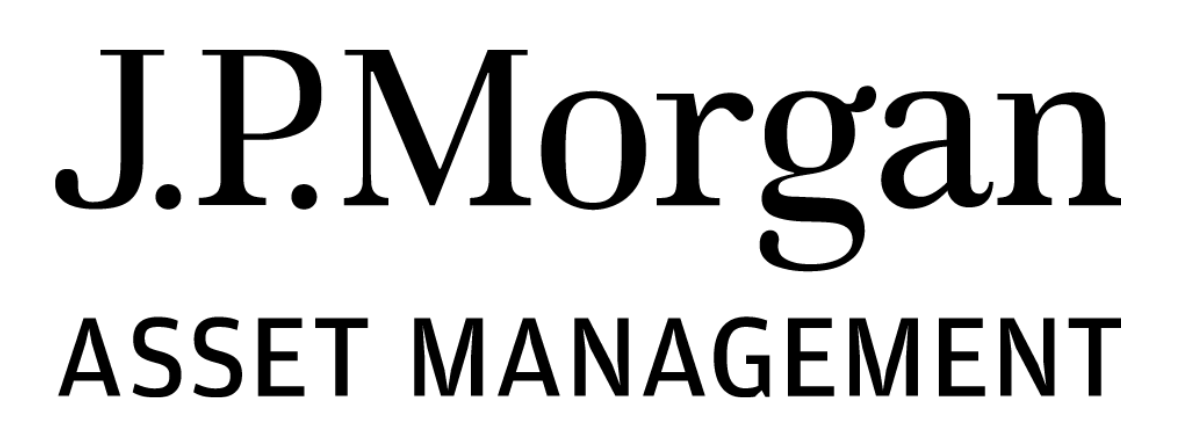Flows into ESG remain strong, although they have slowed so far this year relative to the very high levels seen in previous years.
With the 2023 Trackinsight Global ETF survey suggesting 30% of investors are looking to increase their exposure to ESG ETFs in the next two-to-three years, further positive inflows into ESG ETF strategies can be expected.
However, the evidence suggests that the ESG ETF landscape may be changing, with important implications for investors and asset managers alike.
Active ESG strategies stand to gain in popularity
One of the most significant developments in the ETF industry in recent years has been the emergence of active management. Overall demand for active ETFs has risen from virtually nothing five years ago to year-to-date flows of nearly $7bn – a 5% market share – by October 2023.
The emergence of active strategies is having a particularly large impact in the ESG ETF space.
There has been a fall in demand for indexed ESG ETF strategies, which accounted for 23% of the total flows into UCITS ETFs in October 2023, down from a 49% share over the last 12 months. At the same time, Trackinsight’s survey has revealed that 68% of ETF buyers are currently using active strategies when considering ESG factors, with 28% only using active funds and 40% using active in combination with passive ETFs.
As more investors come to see the benefits of active management when targeting sustainable outcomes or when looking to include ESG considerations in their portfolios, demand for active ETFs could be set to grow further. Active managers have the ability to research companies and issuers to get a complete picture of their attitude to a range of ESG factors, compared to the more blunt, exclusions-based approach taken by index providers.
Active stewardship, which allows managers to engage with companies and issuers on ESG issues, is also considered an advantage for active ESG ETFs by respondents to the Trackinsight survey, with 45% of ETF buyers considering the stewardship policy of an ESG provider as extremely or very important, while 60% regard active engagement as important when considering ESG factors.
Fixed income on the march
Since ESG ETFs began to appear on the scene, equity strategies have dominated flows. In 2023, equity ESG ETFs have again recorded positive inflows, with global equity and US equity ESG funds proving most popular to the end of October.
However, there has also been healthy demand for fixed income ESG ETFs this year. As of the end of October, fixed income ETF flows had reached $54bn year-to-date, with fixed income ESG ETFs responsible for $8bn of these flows. By comparison, equity ESG ETFs received flows of $25bn.
This rise in demand for fixed income ETFs comes as investors have looked to increase their bond allocations to capitalise on more attractive yields, with some of the flows into the asset class being directed to fixed income ESG strategies.
Concerns remain over the reliability of fixed income ESG data and the application of ESG analysis in security selection. However, as the Trackinsight survey suggests, active ETFs – when backed by rigorous ESG research and disciplined portfolio construction – can help to address some of the main challenges identified by respondents, including the consistency and transparency of ESG analysis.
The investment grade credit and developed government bond categories have been responsible for the bulk of all fixed income ESG ETF flows. Interestingly, there has been little demand for emerging market debt ESG strategies despite attractive yields and the fact that a number of emerging market central banks have been ahead of the curve on interest rates. Specific worries over emerging market ESG data quality and few available strategies may explain this lack of interest, while emerging market debt exposure can also be achieved as part of diversified fixed income ESG portfolios.
Overall, however, demand for fixed income ESG ETFs is likely to remain strong, with two-thirds of Trackinsight’s survey respondents stating that fixed income ETFs can provide a good way to invest sustainably.
Introducing J.P. Morgan’s Research Enhanced Index ETFs
J.P. Morgan’s Research Enhanced Index ETFs provide investors with access to actively managed opportunities across the world’s largest stock markets, and to the US or European investment grade corporate bond markets. Each of our Research Enhanced Index ETFs is designed to provide index-like exposure and security-level insight within a single cost-effective solution that also reflects the ESG considerations that increasingly matter to today’s long-term investors.
By blending active security selection with passive index exposure within a robust ESG framework, our core Research Enhanced Index ETFs seek positive alpha at low tracking error, providing highly efficient equity and corporate bond exposure, while helping to manage the material ESG risks faced by companies and issuers. These ETFs are classified Article 8 under SFDR, which mean they promote social and/or environmental characteristics, and may invest in sustainable investments, but do not have sustainable investing as a core objective.
For investors looking for sustainable outcomes, we have recently expanded our Research Enhanced Index process to a sustainable equity investment universe by applying a best-in-class Paris-aligned approach. While our core Research Enhanced Index ETFs use an ESG framework to take active positions against traditional benchmarks, such as the MSCI World or S&P 500, our new SFDR Article 9 Research Enhanced Index SRI Paris Aligned ETFs are referenced against bespoke sustainable benchmarks that are based on MSCI SRI and Paris Aligned criteria.
For further information on J.P. Morgan’s range of actively managed Research Enhanced Index equity and fixed income ETFs, please visit your local J.P. Morgan Asset Management website or contact your J.P. Morgan representative.
This article first appeared in ETF Insider, ETF Stream's monthly ETF magazine for professional investors in Europe. To read the full edition, click here.
Important information
For Professional Clients/ Qualified Investors only – not for Retail use or distribution. This is a marketing communication. The views contained herein are not to be taken as advice or a recommendation to buy or sell any investment or interest thereto. Reliance upon information in this material is at the sole discretion of the reader. Any research in this document has been obtained and may have been acted upon by J.P. Morgan Asset Management for its own purpose. The results of such research are being made available as additional information and do not necessarily reflect the views of J.P. Morgan Asset Management. Any forecasts, figures, opinions, statements of financial market trends or investment techniques and strategies expressed are, unless otherwise stated, J.P. Morgan Asset Management’s own at the date of this document. They are considered to be reliable at the time of writing, may not necessarily be all inclusive and may be subject to change without reference or notification to you. The value of investments and the income from them may fluctuate in accordance with market conditions and investors may not get back the full amount invested. Past performance and yield are not a reliable indicator of current and future results. There is no guarantee that any forecast made will come to pass. J.P. Morgan Asset Management is the brand name for the asset management business of JPMorgan Chase & Co. and its affiliates worldwide. To the extent permitted by applicable law, we may record telephone calls and monitor electronic communications to comply with our legal and regulatory obligations and internal policies. Personal data will be collected, stored and processed by J.P. Morgan Asset Management in accordance with our EMEA Privacy Policy www.jpmorgan.com/emea-privacy-policy. This communication is issued in Europe (excluding UK) by JPMorgan Asset Management (Europe) S.à r.l., 6 route de Trèves, L-2633 Senningerberg, Grand Duchy of Luxembourg, R.C.S. Luxembourg B27900, corporate capital EUR 10.000.000. This communication is issued in the UK by JPMorgan Asset Management (UK) Limited, which is authorised and regulated by the Financial Conduct Authority. Registered in England No. 01161446. Registered address: 25 Bank Street, Canary Wharf, London E14 5JP.
09sz231511080403



